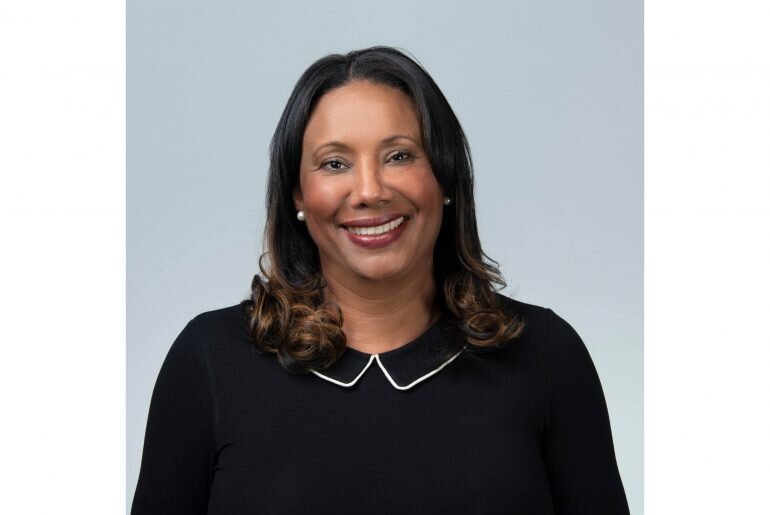Manners Make A Difference
Learning the soft skills young can boost a career
Written by Sam Strangeways
Lorene Phillips has a secret weapon to give young Bermudians seeking a future in international business a competitive edge – and it all comes down to manners. The founder of executive coaching firm Clarendon Wallace says those who develop and perfect their “soft skills” – from knowing how to hold cutlery to being able to confidently make conversation – are far likelier to succeed in the corporate world. And the earlier they start, the better.
Ms Phillips, who worked in the insurance and reinsurance industry for close to 30 years, has partnered with the British School of Etiquette in London to offer courses in good manners to children, from as young as age six.
It’s a far cry from the usual work she does with high-performing professionals but she gets just as much out of it and is convinced of its importance.
“If you have ever been around someone who practises good manners and thoughtfulness and good listening and just being gracious and asking the right questions, it makes such a good impression on you,” she said. “It’s a good way to live. It’s a good way to be. It becomes second nature the younger you start.”
The “Kidiquette” course is comprised of four “engaging and fun” sessions, where participants get to play, as well as practise skills, such as how to make a good first impression, how to introduce themselves and others to new people, how to write thank-you cards, and the importance of table manners.
The pandemic has meant the classes are on Zoom but one benefit is that children get to interact with their peers around the world, as the BSE has students in many different countries.
There is also a “Mindset and Manners” course for teenagers. Seven students from Chatmore British International School in Smith’s recently took part and Ms Phillips said they “were just lapping it up”. She added: “I approached all the schools but Chatmore was the one that just saw the benefit of it. I would l
ike to see this embraced into the curriculum at all schools to give our students the competitive edge.”
Although primary school children, in particular, are unlikely to be considering a career in insurance just yet, Ms Phillips stressed that developing their soft skills while young could make all the difference later on. She said: “A lot of focus is on the hard skills but those non-technical soft skills are what set you apart from the competition.
“Imagine you are in your 20s and starting your career. Your business is going to feel confident putting you in front of anyone, knowing that you will be the person that will make them proud, the person that will have decorum, good manners. At a certain age, it’s very difficult to teach that.”
Ms Phillips said soft skills included the ability to communicate effectively and manage your emotions. “Many, many times individuals make it so far based on their hard skills, but it’s the soft skills that really propel them forward. Those subtleties and nuances are not little. They make a huge difference.”
During her decades in insurance, she noticed how often professionals lacked those attributes. She dreamed of launching her own business focused on changing that and founded Clarendon Wallace a year ago, when she returned to the island after six years as an underwriter in the London market.
The partnership with BSE began earlier this year and Ms Phillips said she hoped schools and parents alike would embrace it. “People remember how we make them feel. It’s very important to make soft skills a part of your personal professional development.”
For more information, e-mail lorene.phillips@thebritishschoolofetiquettebermuda.com


